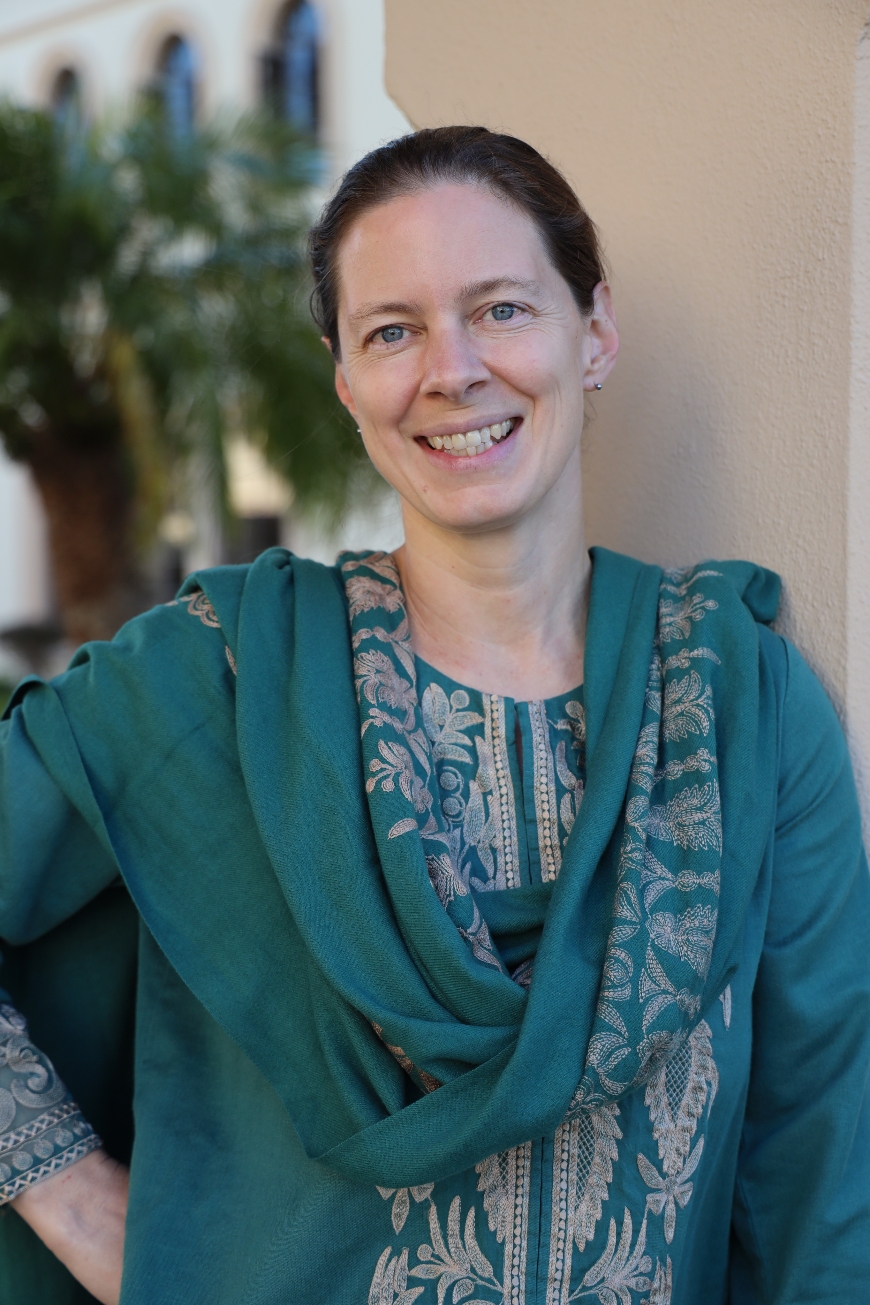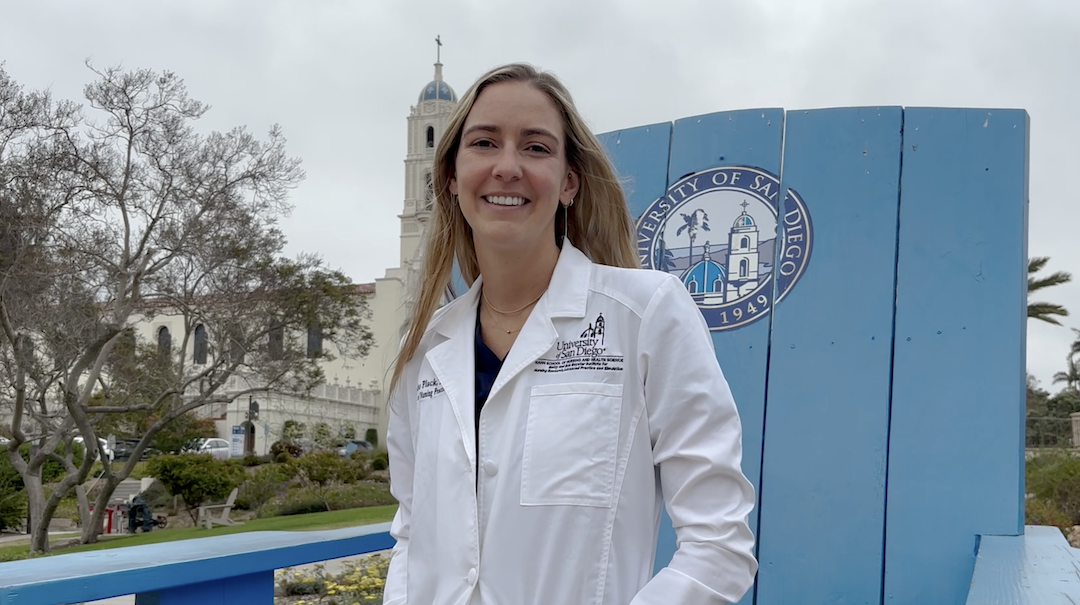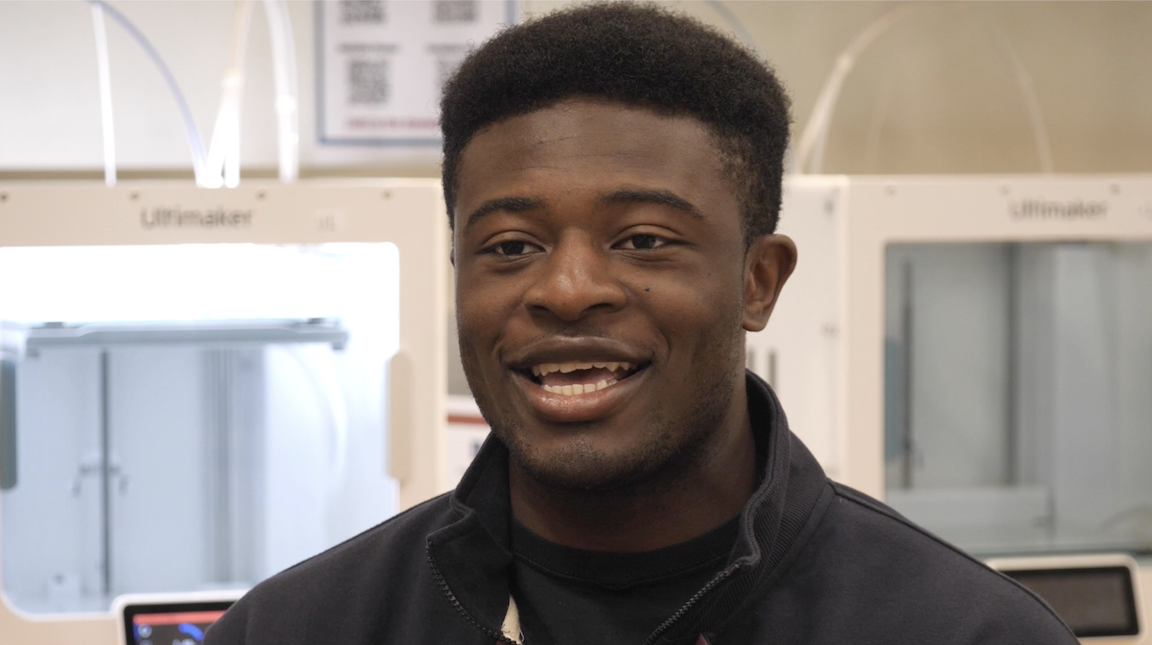USD Professor of Psychological Sciences Receives Coveted “Prebys Research Heroes" Award

University of San Diego Professor of Psychological Sciences Rachel Blaser, PhD, was chosen by the Conrad Prebys Foundation's Board of Trustees to receive the "Prebys Research Heroes" Award. The award is a two-year, $500,000 research grant. Blaser’s commitment to the principles of diversity, equity and inclusion makes her an ideal recipient of this outstanding award.
Much of the grant will go toward helping Blaser expand research opportunities for diverse students in her lab. “The idea is to foster diversity and inclusion in the sciences, especially in basic biomedical research. On one hand, the foundation is supporting my research, but in doing so they are really supporting my research students,” says Blaser. “We want students from a variety of backgrounds going on to earn PhDs in psychology and neuroscience, but also going on to become doctors and nurses and other healthcare professionals, because diversity in all of those areas helps to reduce disparities in healthcare and to improve access to care.”
Comparative psychology is Dr. Blaser's area of expertise, with a focus on comparative learning. She approaches the question of learning from both theoretical and biological perspectives, with research questions that include the mental processes underlying learning and cognition as well as the corresponding neurobiological bases of these processes. Most recently her research has focused on spatial cognition, or the study of how animals perceive and remember spatial information. The Prebys award will be used to establish a cutting-edge eye-tracking and virtual reality lab at USD, providing new tools to answer questions about spatial cognition as well as new ways to engage students in the scientific process.
“Recently I have been doing a lot of collaborative work with a colleague in my department, Dr. Jena Hales, and we’ve been working together to look at the neurobiology of spatial cognition. We are interested in using it as a way to understand neurodegenerative disorders like Alzheimer's disease, because spatial cognition is often affected early in the disease. Now, I’m planning to look at some of the variables that affect how humans solve these spatial tasks, to see how they compare to the processes that we have observed in animal models.”
Dr. Blaser is most excited about the grant providing opportunities to attract students to scientific research, and then help them advance beyond the University of San Diego.
“Providing experience with hands-on research is one of the best ways to make science engaging and accessible for students from all backgrounds,” observes Dr. Blaser. “Only by inviting diverse voices into the scientific process can we hope to address current inequities in our healthcare system.”
She plans to start research with the funding from this grant in Summer 2024.



